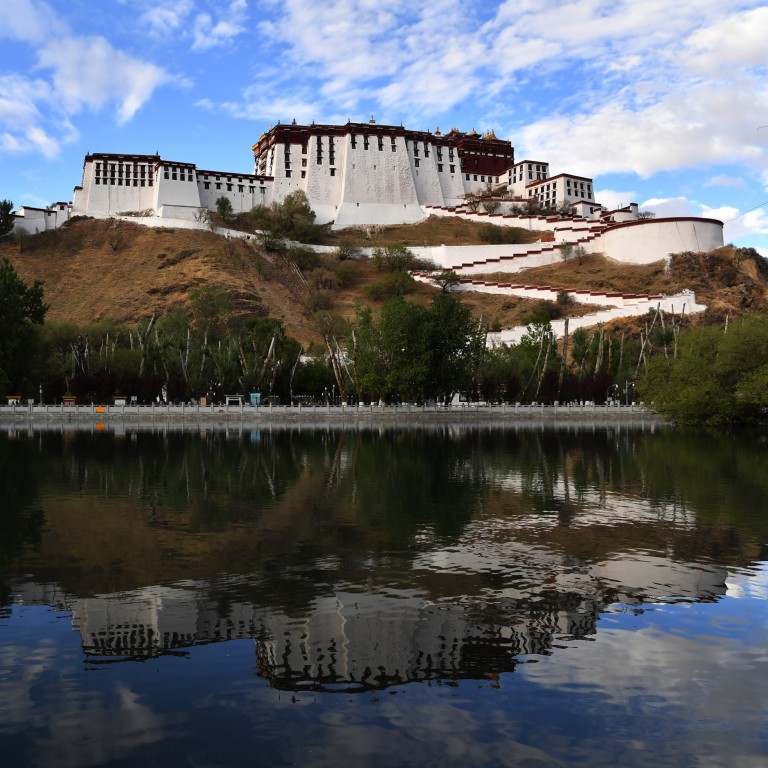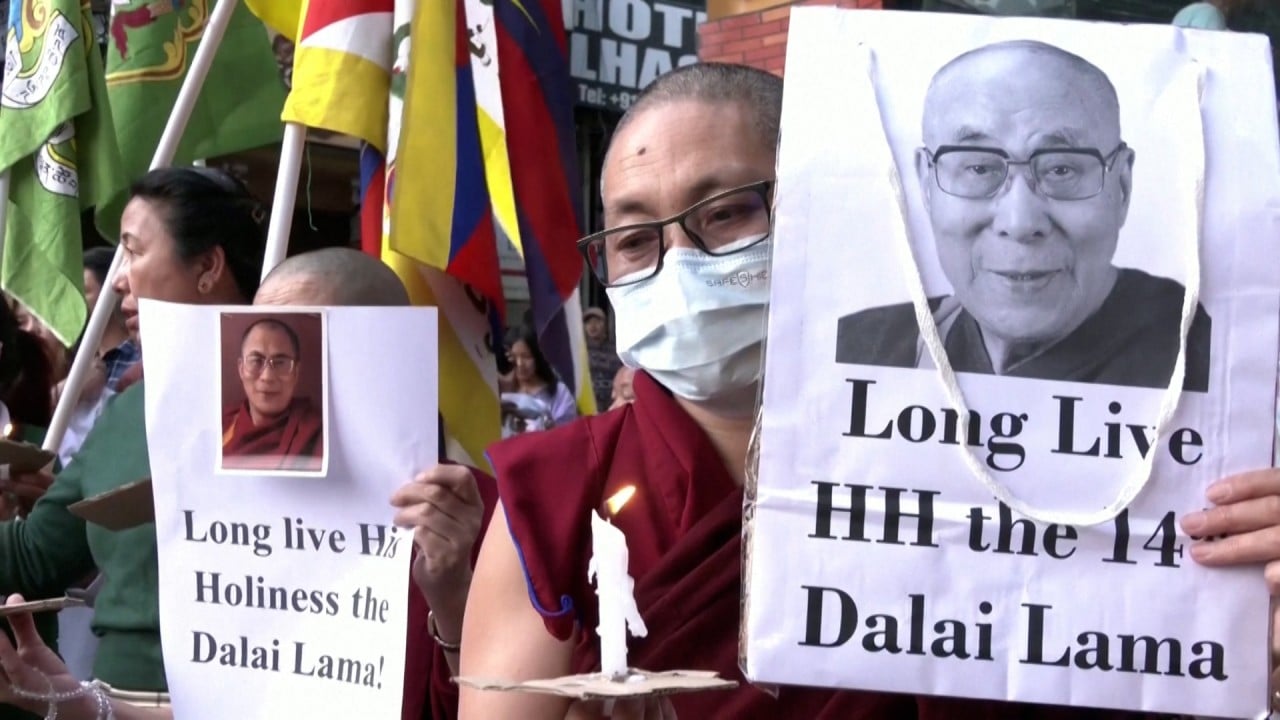
Replace ‘Tibet’ with ‘Xizang’ on product translations, Chinese e-commerce platform warns its online retailers
- Weidian advises millions of merchants to stop using ‘Tibet’ in English product descriptions, or face removal
- Notice follows a foreign ministry readout which used ‘Xizang’ as the official Chinese translation for the autonomous region
A Chinese e-commerce service provider has advised its platform merchants to replace “Tibet” with “Xizang” – the Chinese pinyin version of the region – for product translations after Beijing signalled its language preference for the southwest region.
The order to overhaul the translations on all product names and descriptions appeared in a notice issued by the e-commerce platform Weidian on Wednesday.
Weidian, China’s version of Shopify, enables small and midsized entrepreneurs to set up online stores. According to its official website, Weidian operates more than 90 million online retail outlets with a trading volume of 100 billion yuan (US$13.7 billion).
The platform warned merchants their products would be removed if they displayed the word “Tibet”. No deadline for the transition was mentioned.
Internationally, the autonomous region is known as Tibet.
Chinese Foreign Minister calls for respect for ‘territorial integrity’
According to Beijing, the expression was suggested by the Dalai Lama in the 1980s to include the entire geographical area of the Tibet autonomous region, as well as parts of the provinces of Sichuan, Qinghai, Gansu and Yunnan.
The Dalai Lama fled to India in 1959 and remains the exiled spiritual leader of Tibet. Beijing has blamed him for unrest in Tibet since the late 1980s, and in 2008 called the Nobel Peace Prize laureate a “separatist” seeking independence for Tibet, a claim the Dalai Lama has denied.
China’s security tsar calls on Tibet’s neighbours to oppose ethnic separatism
“Following this logic, the English name of our country can be changed to its pinyin, Zhongguo, and Xianggang to replace Hong Kong,” one user wrote on the microblog platform Weibo.
The word “Xizang” has been used in Chinese state media such as the Global Times and the English version of People’s Daily since 2019, while CGTN and Xinhua News Agency gradually followed suit.
To date, all the media outlets continued to use both names. The same is also true of China’s foreign ministry website, although it appeared to use “Xizang” far less than “Tibet”.
An English-language Xinhua readout of remarks by a Chinese envoy to the United Nations published on Wednesday used “Xizang” instead of “Tibet”.
The English names of some Chinese cities do not use pinyin versions of the Chinese characters, and certain ethnic minority regions are named after the minority language pronunciation or internationally recognised names. Examples include Urumqi and Kashgar, both of which are cities in Xinjiang, as well as Hohhot, which is located in Inner Mongolia.



